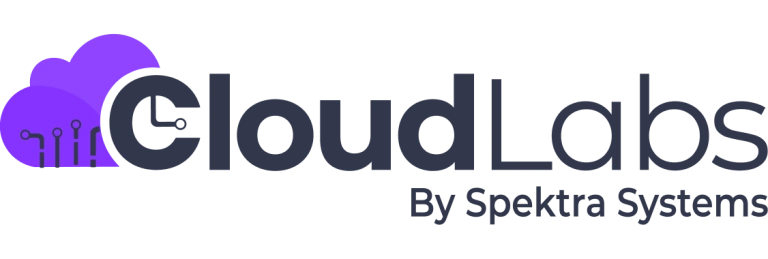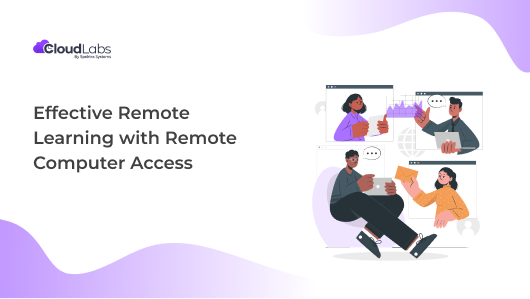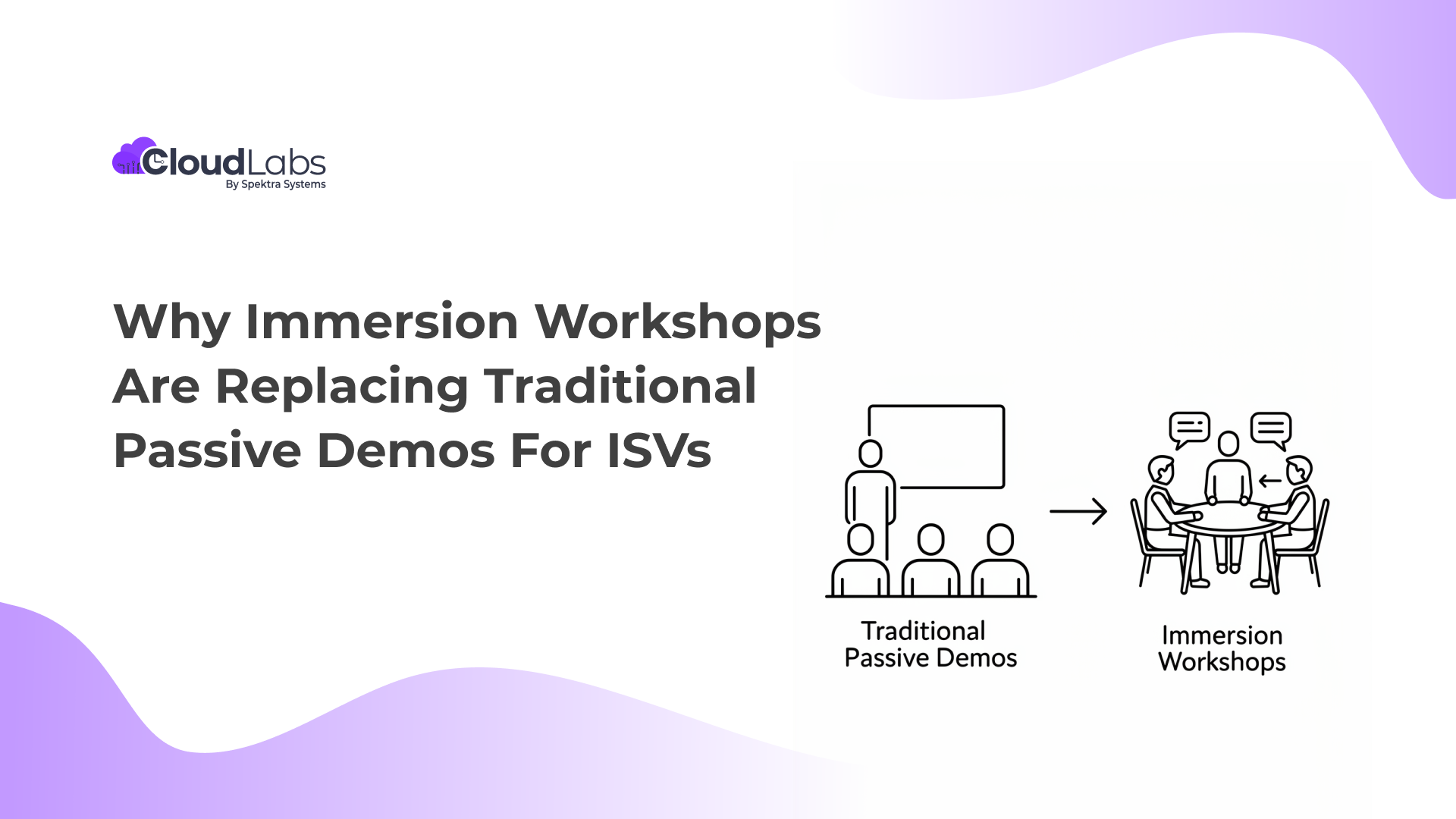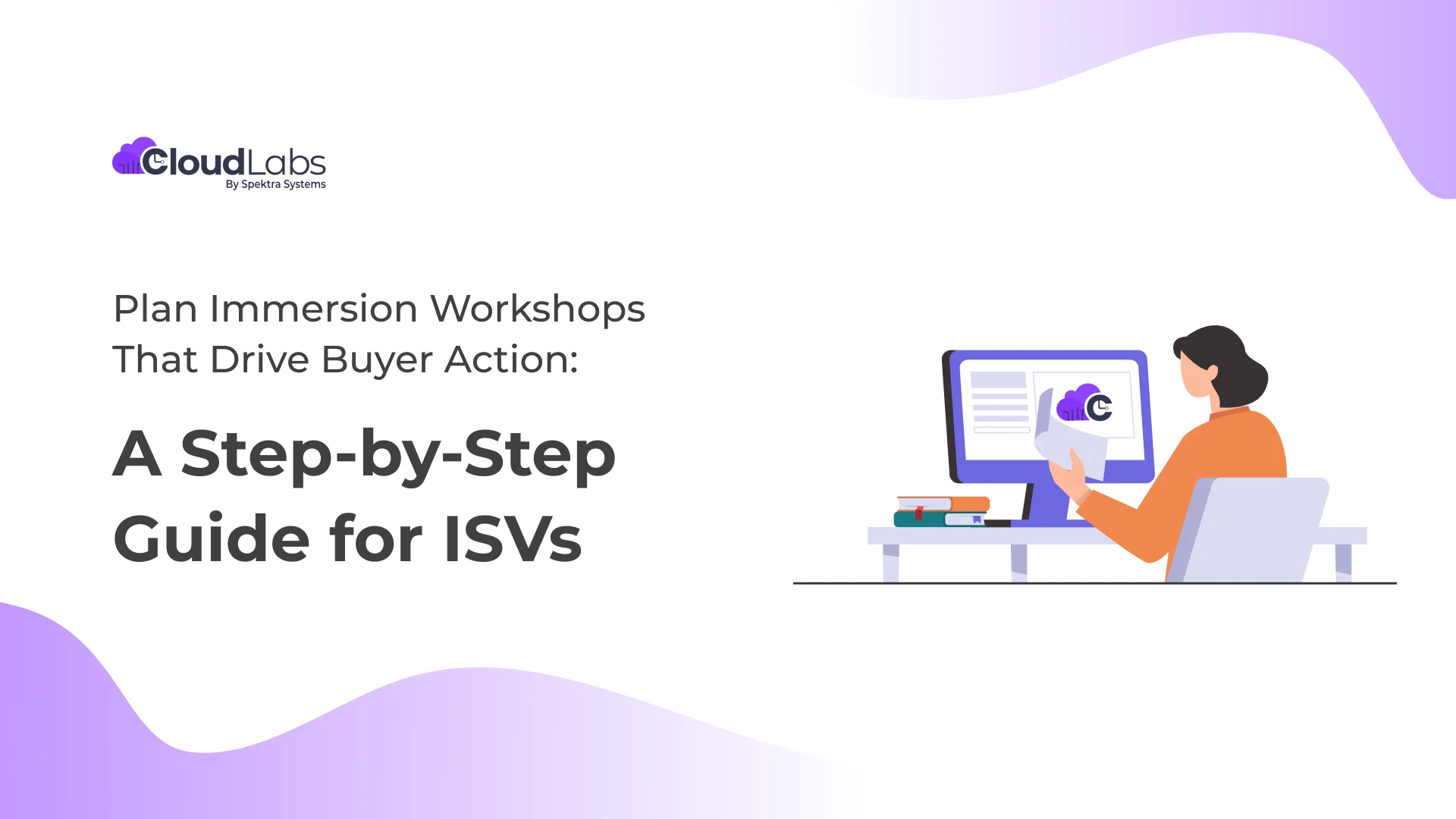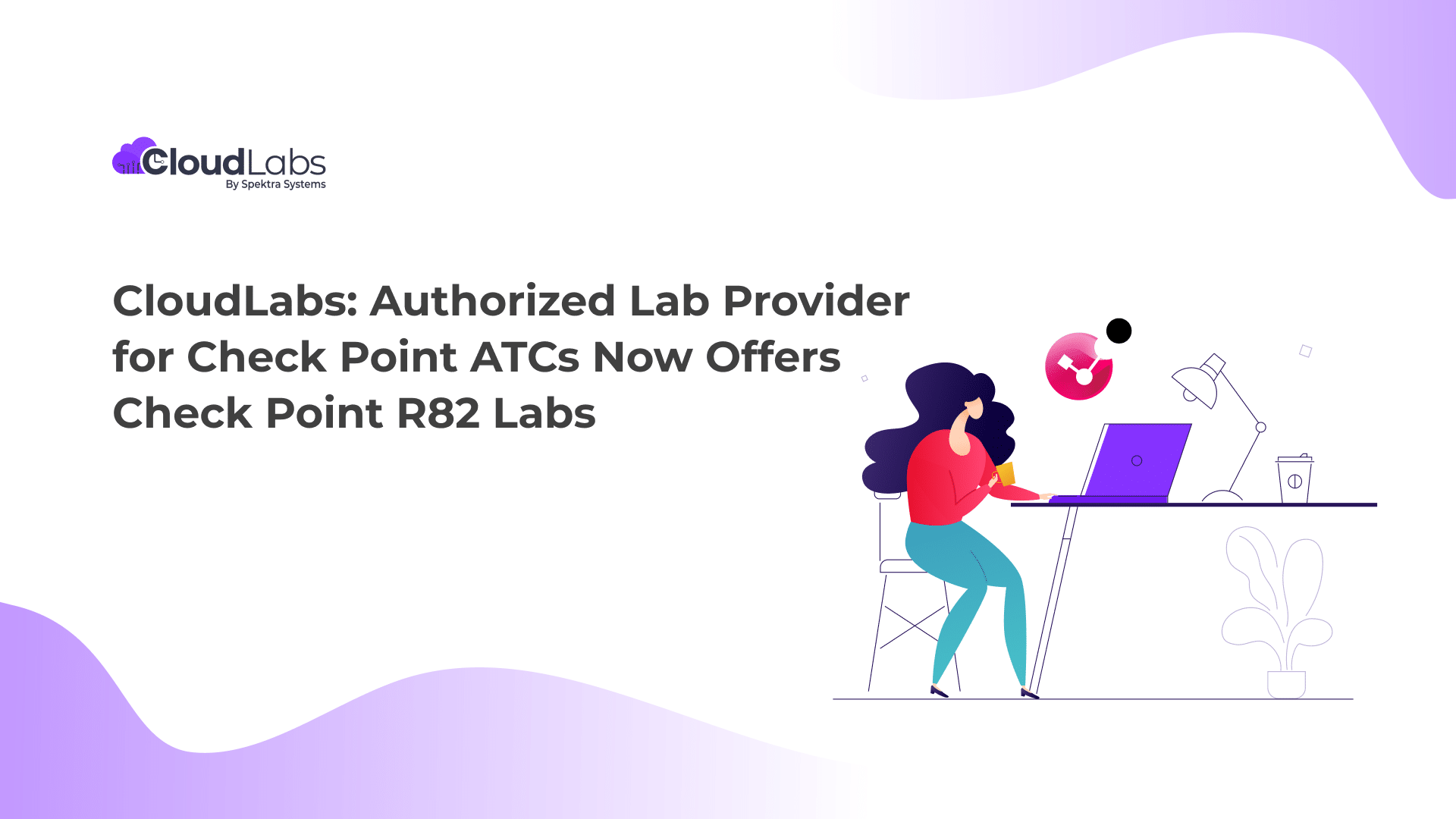Higher education leaders are focused on building new foundational models to support modern-day education. As academic programs shift from on-prem to remote learning sessions, educational institutions are widely embracing remote computer access or remote desktop access to ease the ongoing transition.
What is remote desktop access?
Remote desktop access allows users to operate institutional computers or servers from anywhere in the world without any additional hardware requirements. The host computer runs the software or application which is displayed on the remote users’ device.
With the growing remote working culture, remote desktop access has made it easier to access work files, system applications, and tools. Remote desktop access has enabled the BYOD (Bring your own device) practice for students and teachers to take sessions virtually on their individual devices without any additional software installation. All you need is a powerful internet connection.
What is remote learning?
Although educational institutions have resumed physical classes post Covid, hybrid campus culture integrated with virtual learning technologies is here to stay. The ethos of remote learning goes much beyond continuity of education and encompasses various other aspects like inclusivity, flexibility, and immersive learning.
Remote learning allows students and instructors to connect, collaborate, and engage with content remotely via virtual learning technologies. Virtual classroom platforms like Zoom, Microsoft Teams, and Google Classrooms are widely used to conduct virtual sessions.
Around 73 percent of students want some of their courses to remain entirely online post-pandemic. Reciprocating this trend, institutions are hosting remote training programs through various modes allowing students to take up classes as per their preferences.
However, advanced technical courses require hands-on learning which is a key challenge of remote education. This challenge is solved by Virtual Desktop Infrastructure (VDI) or remote computer access. Higher educational institutions are increasingly adopting virtual training models to meet the increasing demand for online IT training from students across the world. Although institutions need to revamp existing training modules for this new way of teaching, the upsides are far too high to ignore.
Remote access to labs is of utmost importance for students enrolled in remote courses. They need it to access courseware and complete their assignments. With remote computer access students can directly log into their student accounts over the internet using a web browser and a computer. Same goes with course instructors who can conduct sessions from the comfort of their homes. This also eliminates the need for complicated software installation and setup costs.
How can remote access improve efficiency in remote learning?
Remote desktop access aids in better access to content, courseware, and better guidance with instant support remotely. Instructors are more aware of student activities, their struggles and they can finetune their training method accordingly. Most importantly, it eliminates the need of any additional configurations or software expenses.
Below are some more aspects of remote computer access that contribute to improved efficiency of remote learning technologies:
1. Hands-on learning approach
Students need hands-on experiences to fully understand emerging technologies like cloud computing, data science, cybersecurity, artificial intelligence, and machine learning. With remote computer access, institutions can provide students access to virtual training environments deployed remotely through a centrally managed cloud account. This ensures every student has easy hands-on access to the technology along with the necessary course content.
2. Instant support and feedback
Remote computer access eliminates the setbacks of remote learning where students are deprived of real-time support and feedback. For example, the close supervision of students’ lab environments allows instructors to provide guidance and relevant feedback. For any trouble shooting, the IT staff can instantly fix the problem through remote support.
3. Better student participation with virtual workshops and hackathons
Training workshops and hackathons have been highly effective in providing applied learning experiences. It supplements classroom training with exposure to real-life challenges and boosts problem-solving skills among students. Recently, Seton Hall University collaborated with Microsoft and organized a virtual hackathon across multiple universities globally. It was named Solar Power Platform Hackathon and had the agenda to come up with innovative solutions using data and AI to create equitable access to community solar facilities in New Jersey. Students were provided virtual training labs to collaborate and prepare prototypes using Microsoft platforms and tools.
4. Remote access for improved management at institutional level
Managing training at scale with a hybrid campus can get overwhelming with a huge number of students enrolled in different courses. However, with remote desktop access, individual environments can be managed with centralized control. Moreover, it provides instant support and daily insights that enables institutions to make data-led decisions.
5. Reduced Costs
One of the primary and most significant benefits of virtual learning technologies is the reduced costs. Institutions can effectively scale their training programs while bringing down investments associated with setup and maintenance of hardware devices and resource-intensive software by enabling remote access for individual users.
6. Governance and management
With the use of cloud resources comes the challenging task of managing cloud costs. Institutions cannot expect students to handle cloud costs as instances of abandoned and unattended environments can lead to outrageous costs. With remote access, IT staff can access lab environments of students and instructors to govern and monitor usage. Institution admins can track daily usage, predict budgets for each course, and devise the necessary strategies to meet the budget.
7. Smart insights
Institution IT and admin staff are fully equipped with the necessary metrics gained from daily monitoring and tracking of lab provisioning. This data is very crucial to implement required policies for cost-optimization, course design, and managing multiple cloud environments at scale.
How CloudLabs enhances virtual learning with remote desktop access?
CloudLabs is a virtual hands-on labs platform designed for a comprehensive online IT training experience. With a myriad of features from simulated lab environments, shadow labs, cost-control management for cloud resources, and an optimized lab infrastructure, CloudLabs empowers educational institutions worldwide to scale their IT training programs through remote access.
1. Hands-on virtual training labs: Get CloudLabs hands-on virtual labs and train your students with emerging technologies like AI/ML, cybersecurity, data science, cloud computing, and data analytics, etc.
2. Shadow Labs: CloudLabs’ Shadow lab feature allows instructors over-the-shoulder supervision of individual students’ lab environments. This allows real-time collaboration between the instructor and students to provide feedback and support.
3. Wide lab catalogues from pre-built to custom labs: Deliver training programs ranging from self-paced courses to custom long running ones with a wide array of labs to choose from. Pre-packaged labs with practice tests and custom labs with optimized lab infrastructure for controlled cloud costs are available on-demand.
4. Sandbox environments for safe learning: Allow your students to get hands-on without compromising on your students’ or institution’s security. Enable a safe learning experience within isolated sandbox environments to learn, experiment, and explore.
5. Multi-cloud compatibility: Scale your training programs across leading cloud platforms like AWS, Microsoft Azure, and Google Cloud Platform.
6. Virtual hackathon capabilities: CloudEvents, integrated with CloudLabs specializes in hackathons and has hosted hackathons for Microsoft, Solliance, VMware, among others. CloudLabs offers a customizable platform that can be accessed from anywhere, supports all major cloud providers, offers lab insights, is highly scalable, has 24×7 support, and can execute complex events without any hassle.
Institutions can provide remote desktop access with a variety of features for an immersive and applied learning experience with CloudLabs. They can deliver advanced technology courses like cloud computing, AI, Machine Learning, Data Science, App Development, etc.
Adopt CloudLabs and leverage virtual labs on Windows, Linux, and MacOS for hands-on training. With a wide range of course catalogs, instructors can use pre-built labs or host custom labs for specific course requirements. The extensive scaling of training programs can also reduce infrastructure costs.
See CloudLabs in action.
Vikas Dahiya is a Partner Success Manager at CloudLabs and is dedicated to optimizing cloud investments and promoting a culture of continuous learning. He demonstrates a passion for aligning business objectives with innovative strategies while building robust client relationships through Success and Program Management.
